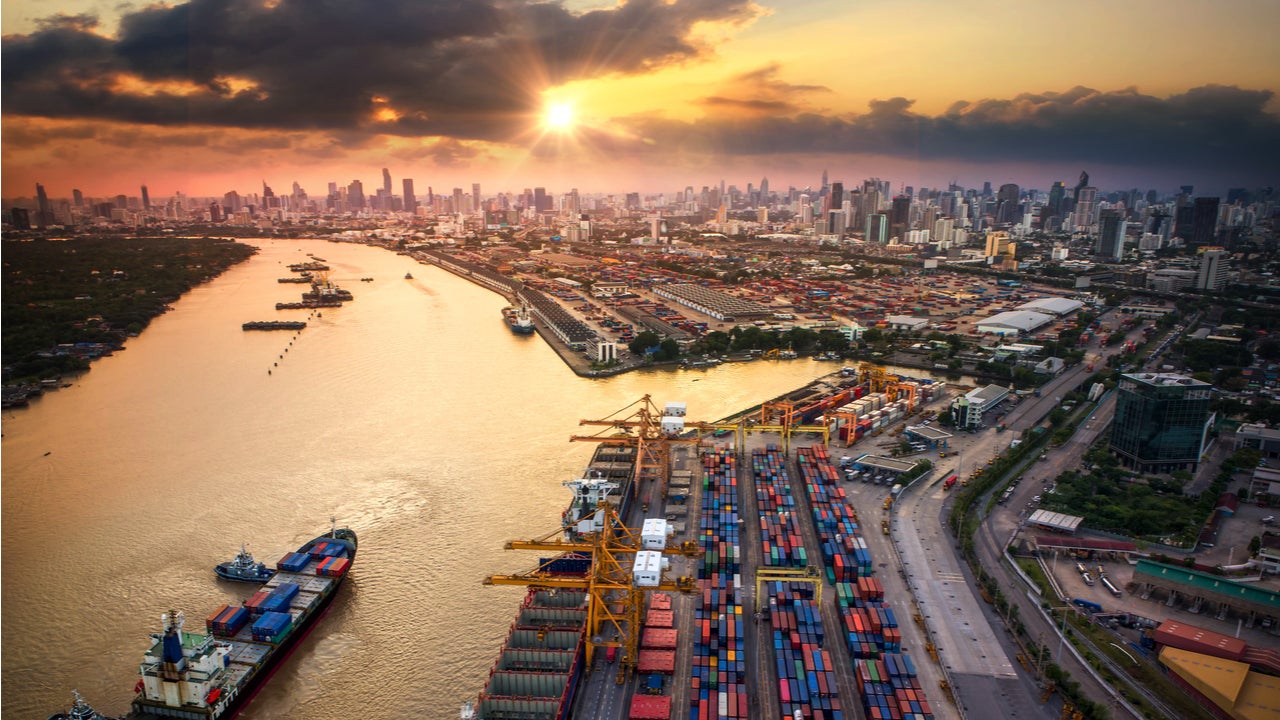Economists believe that supply chain problems are clearing in some places, but the prospect of new Covid-19 strains raises concerns over problems such as labour shortages which could persist until next year.
John Ashcroft
John Ashcroft, a lawyer and former attorney general in the Bush Administration, shared an article on supply chain bottlenecks clearing in some places, but fears of new Covid-19 outbreaks raise concerns about problems such as labour shortages and others to continue until 2022.
Most retailers, shipping, and manufacturing executives believe that things will be tight in 2022, with neither expected to return to pre-pandemic operations until the next year. It is also expected that shipments will continue to be delayed, if Covid-19 outbreaks continue to disrupt key distribution hubs.
In Asia, Covid-related closure of factories, energy shortages, and port capacity limits have eased in the recent weeks. As a result, factories opened up to production in several manufacturing areas in Southeast Asia as Covid cases dropped.
The US maintained that the country had managed to import whatever was needed for the holiday season, as global supply chain constraints eased. In addition, ocean shipping rates dropped by record levels, indicating that the huge demand for Asian exports is finally easing as the pandemic recedes. However, shipping executives state that it will take months to clear up the logjam of ships at US ports.
Supply-chain bottlenecks are clearing in some places, executives and economists say, but labor shortages and other issues could keep things tight into 2022 … @WSJ https://t.co/sloCUZA1bJ
 GlobalData Strategic Intelligence
GlobalData Strategic IntelligenceUS Tariffs are shifting - will you react or anticipate?
Don’t let policy changes catch you off guard. Stay proactive with real-time data and expert analysis.
By GlobalData— John Ashcroft (@jkaonline) November 22, 2021
Mohamed A El-Erian
Mohamed A El-Erian, economist and president of Queens’ College, Cambridge and chief economic adviser at Allianz, shared an article on how the Covid-19 pandemic has transformed the labour market and changed the way millions think about work. Economists state that workforce participation has reduced to avoid contracting Covid, recover from illness, retire early, and also to cope with school closures.
A slump in international migration due to the pandemic and the subsequent labour supply shock represents a threat to global recovery, experts state. As a result, many companies have turned away due to lack of workers, and believe that the issues maybe deep-seated.
More than four million workers have left the workforce since the Covid-19 outbreak in the US. Additionally, the labour participation rate continues to be 1.7 percentage points below the pre-pandemic levels. Thousands have retreated from the UK labour force as well, with the country reporting a shortage of one million workers compared to pre-pandemic trends, according to the Institute for Employment Studies. The labour supply shock in Britain has arisen due to a combination of population change and rising economic inactivity driven by early retirement and ill health.
Good morning
The @FT is running a series on "how the #Covid-19 #pandemic has transformed the labour market and changed the way millions of people think about work"
Here's the link to the first article by Delphine Strauss:https://t.co/SJnLCghy7S#economy #markets #jobs #inflation pic.twitter.com/1lbCvUlQKm— Mohamed A. El-Erian (@elerianm) November 22, 2021
Harry A Patrinos
Harry A Patrinos, an economist and manager in education global practice at the World Bank Group, shared an article on why some countries’ labour markets did better during the Covid-19 pandemic. An analysis from a group of 45 Organisation for Economic Co-operation and Development (OECD) economies found that both high levels of human capital and, to a lesser degree, flexible labour regulation have allowed labour force participation to recover faster during the Covid crisis.
Experts believe that labour markets are robust in nations with better human capital, as high-skilled workers are more likely to have flexible working options. As a result, high-skill jobs could be more easily accommodated during Covid lockdowns and social distancing measures.
The analysis also found that irrespective of the regulation, countries preparing to fight the effects of globalisation and robotics have also managed to reduce the effects of the pandemic’s shock on the labour market.
Why some nations’ labour markets did better during the pandemic | VOX, CEPR Policy Portal https://t.co/fDN694YszU
— Harry A. Patrinos (@hpatrinos) November 22, 2021




